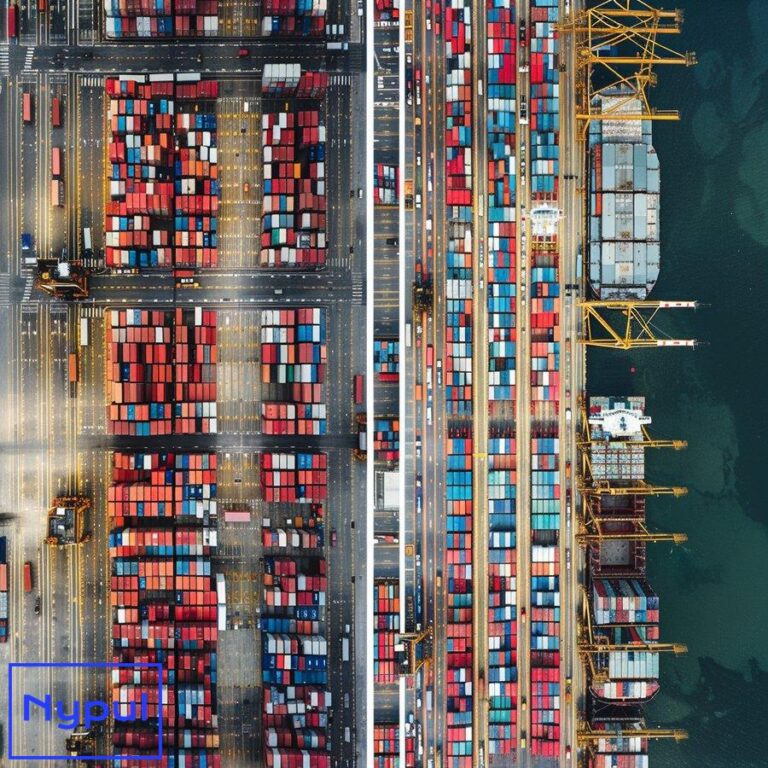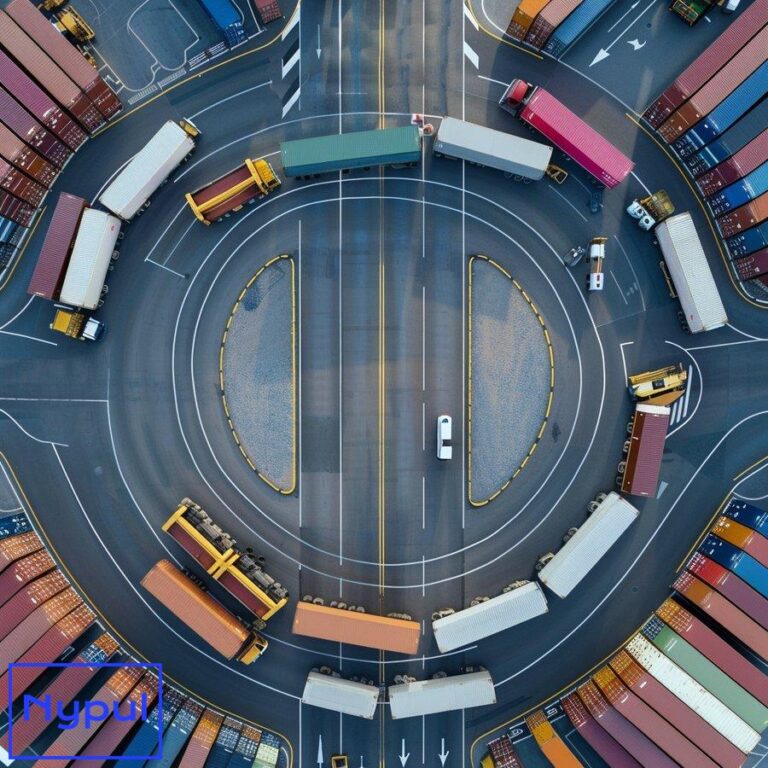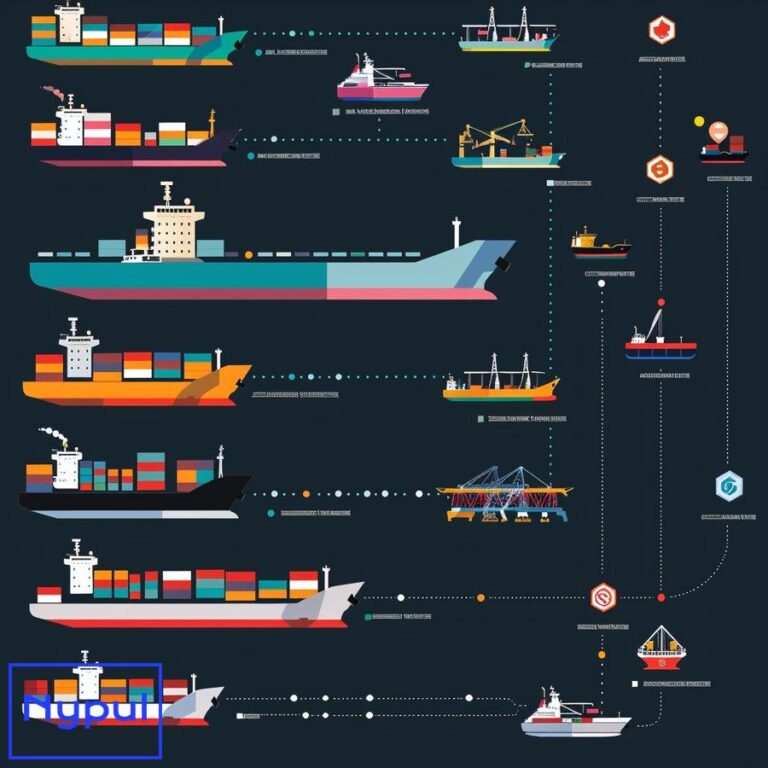Who Pays Duties and Taxes on International Shipments
What are duties and taxes on international shipments? Duties and taxes on international shipments are financial obligations imposed by governments on goods crossing national borders. These charges serve multiple purposes, including revenue generation for the importing country, protection of domestic industries, and regulation of international trade flows. Customs duties are taxes levied on imported goods…









